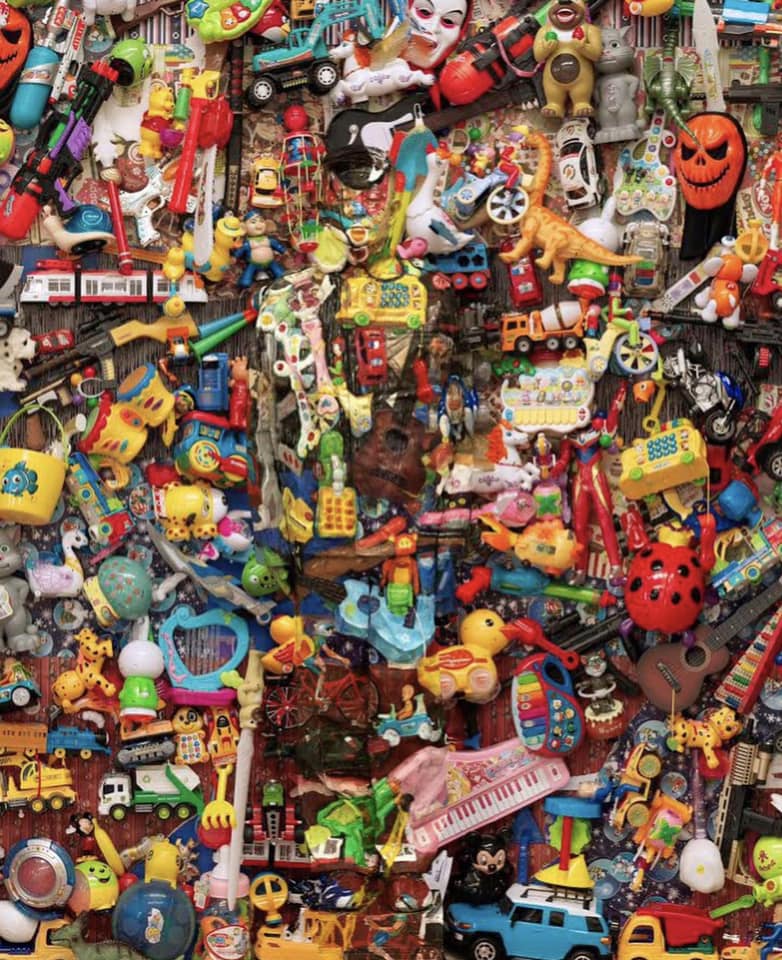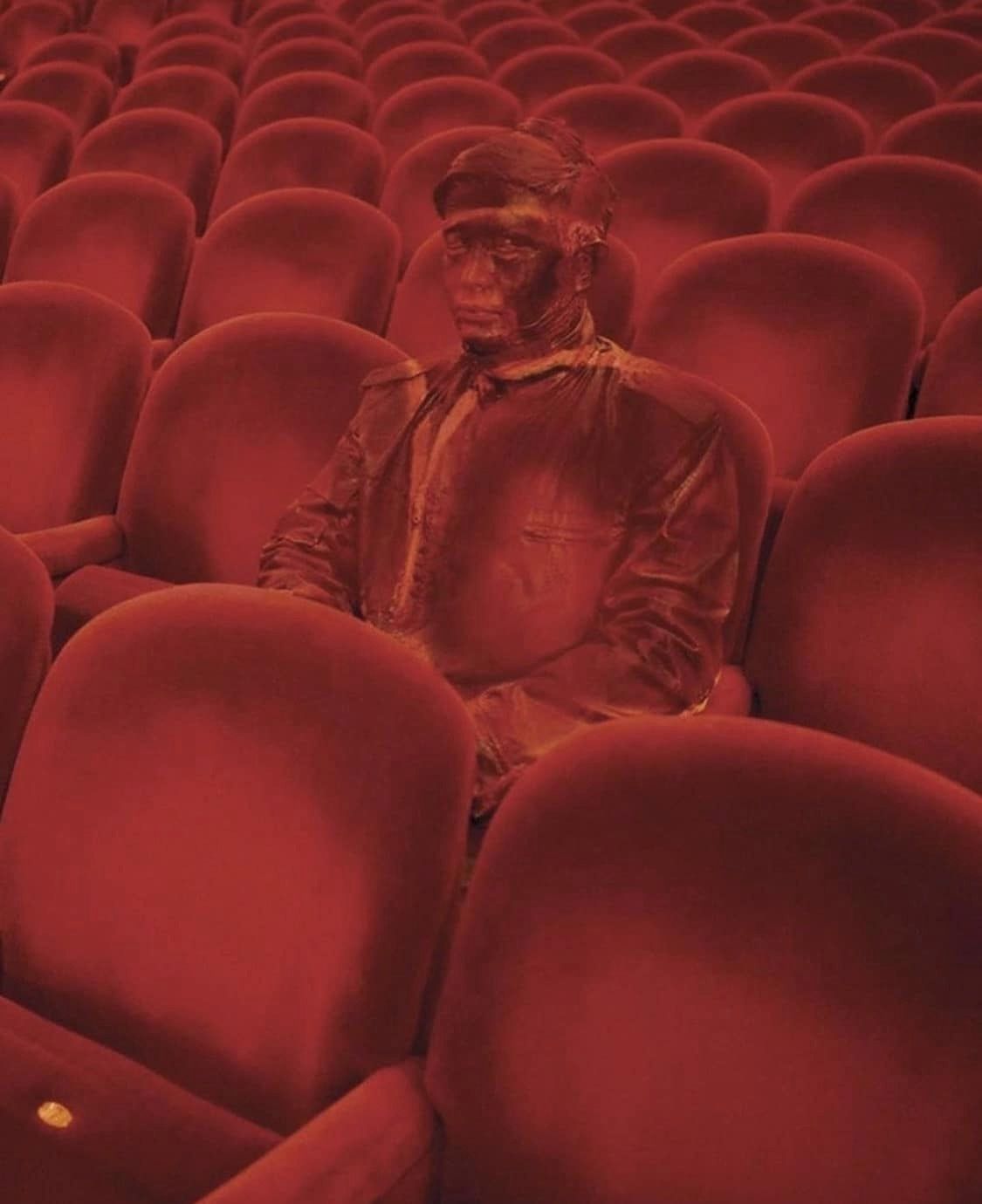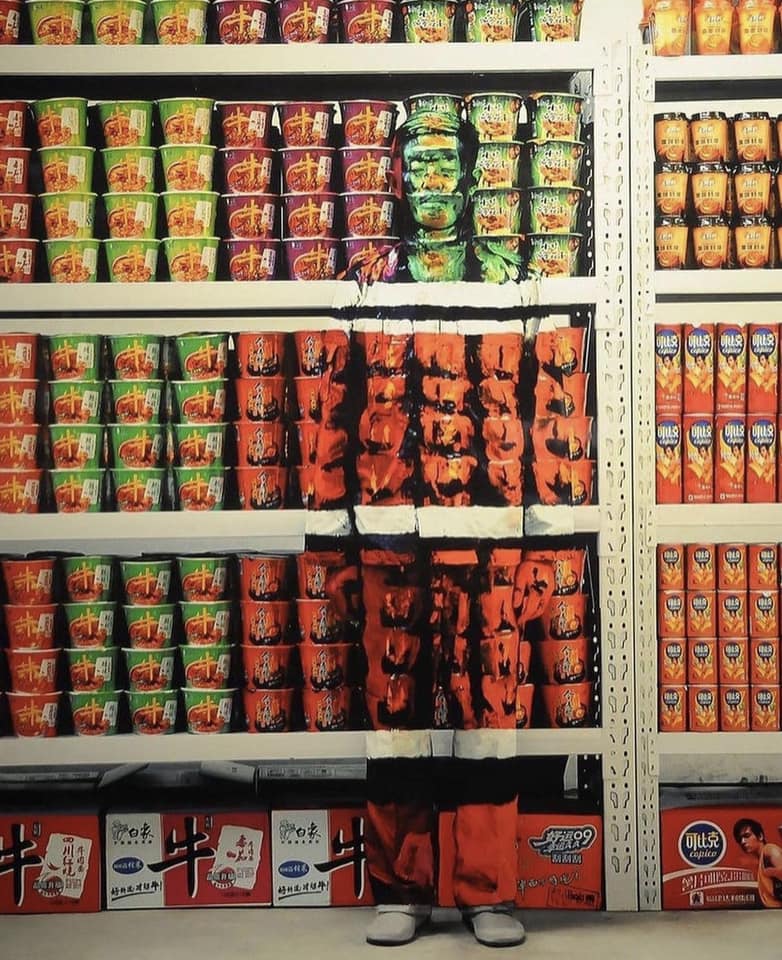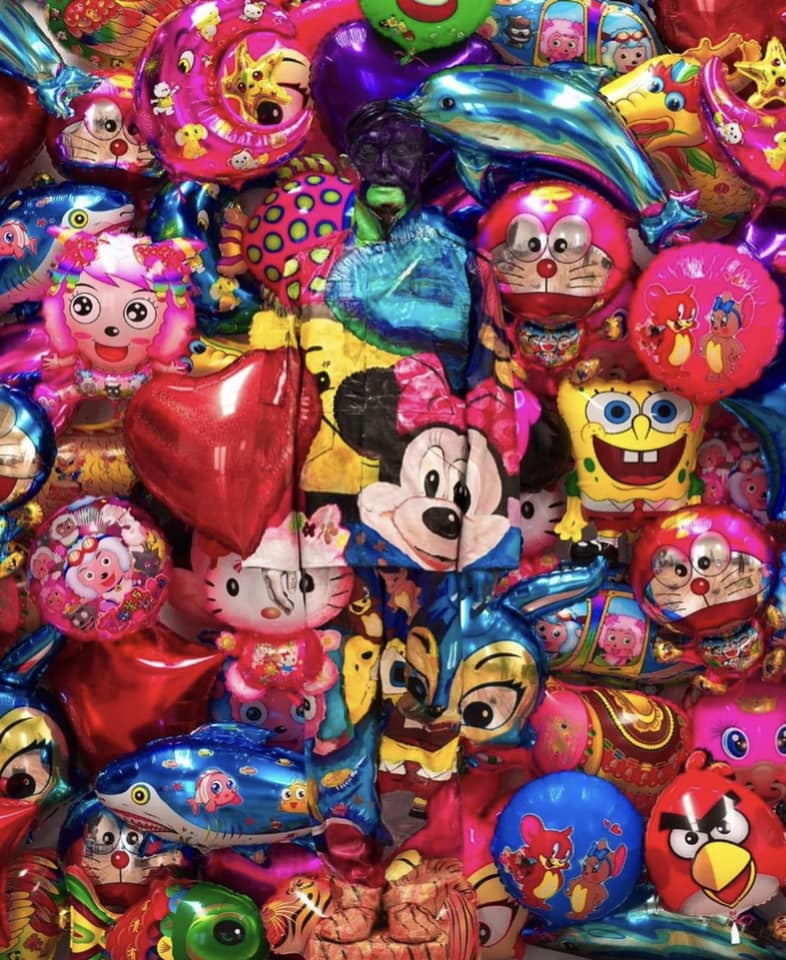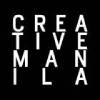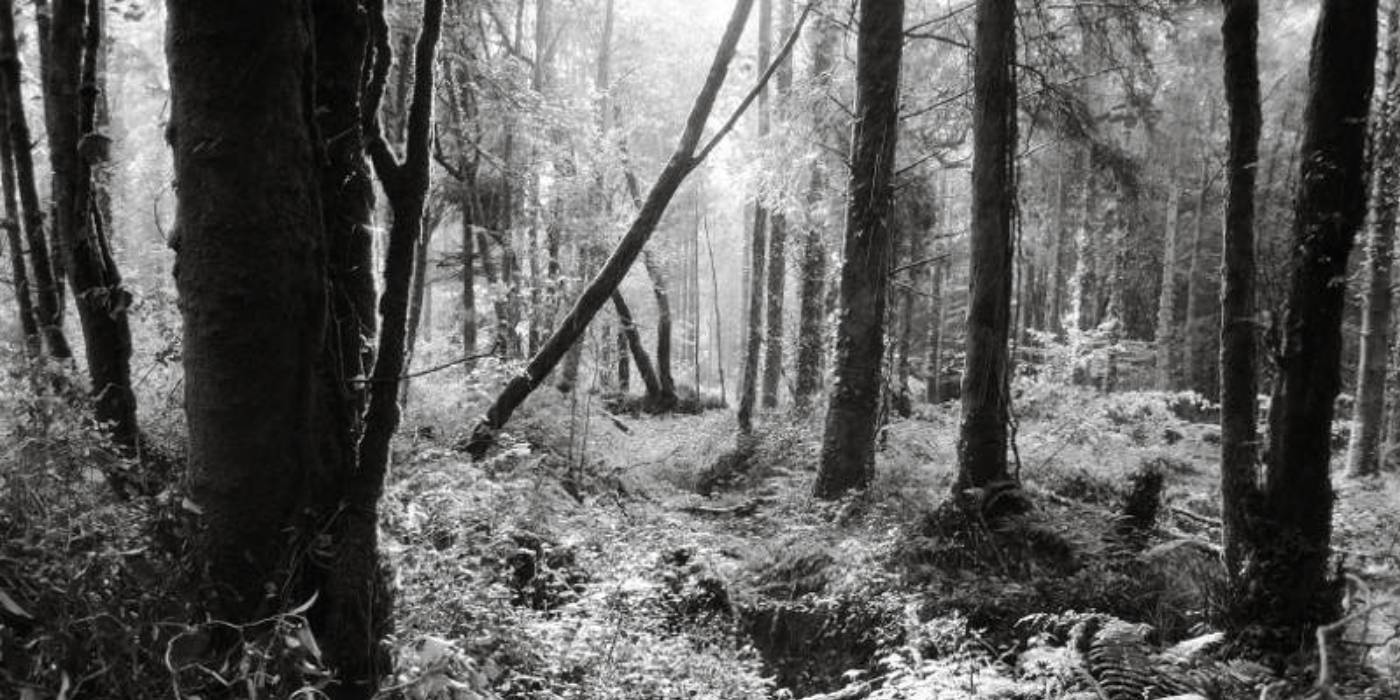Imagine an artist whose canvas isn’t a stretched piece of fabric, but the very environment itself. Meet Liu Bolin, the Chinese artist who has become a global sensation for his incredible “disappearing acts” captured in stunning photography.
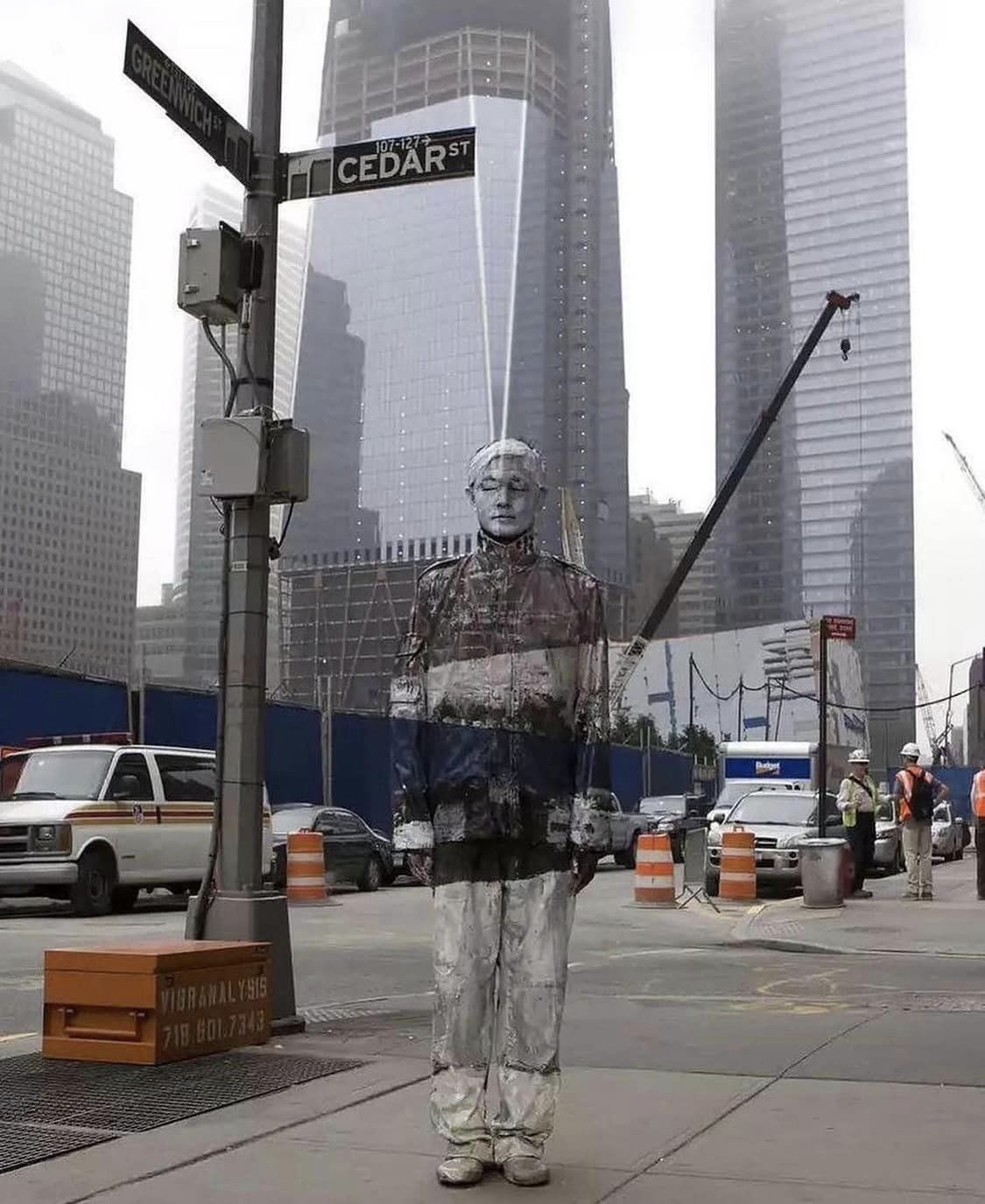
Liu’s art form is simple yet powerful: he uses his own body as a paintbrush, meticulously camouflaging himself into various backgrounds. From the majestic Colosseum in Rome to the iconic Louvre Museum in Paris, his work has transcended borders and sparked conversations around the world.
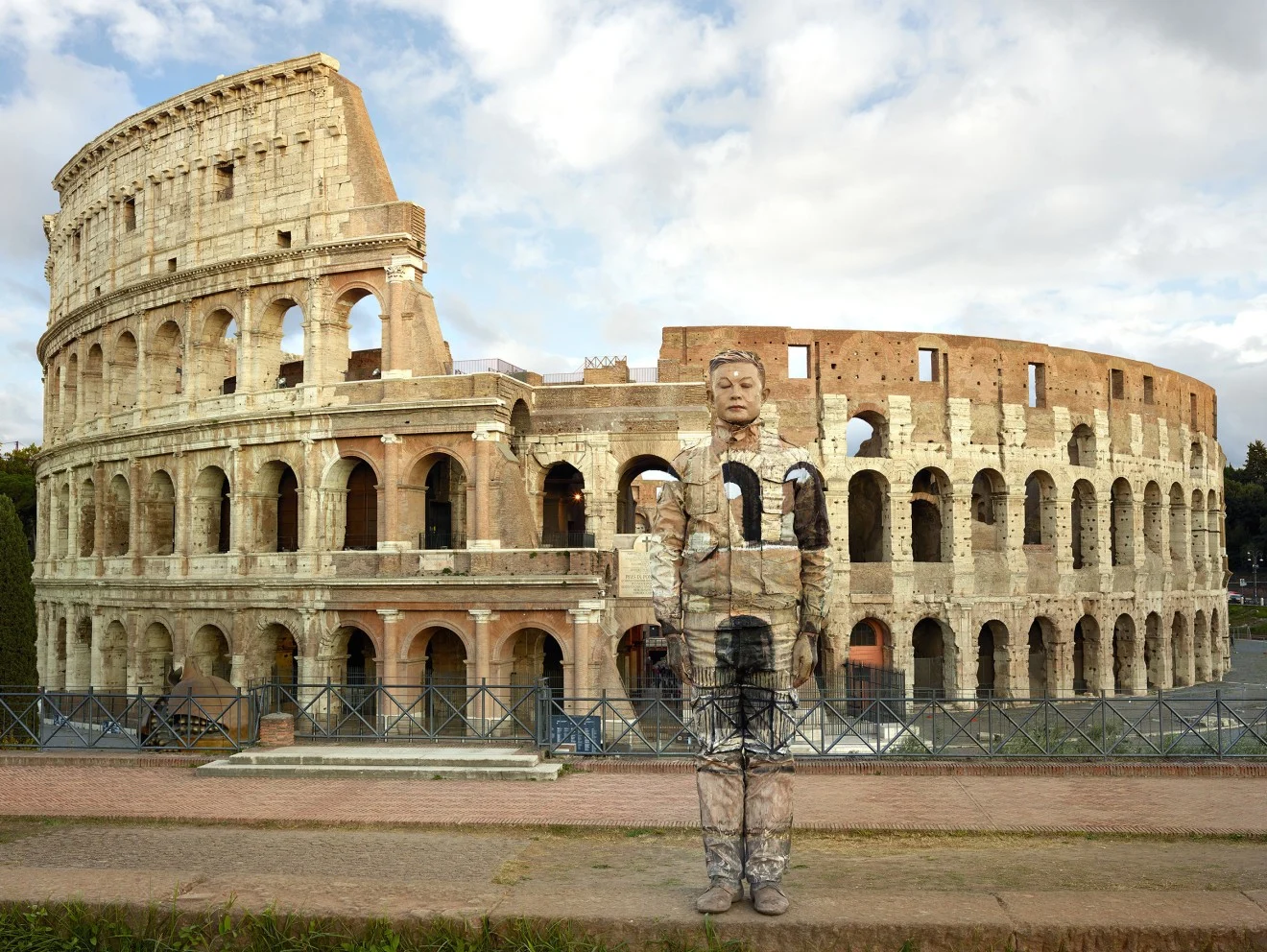
But Liu’s art is far more than just a visual spectacle. He uses his self-disappearance as a metaphor for social issues that often go unnoticed.
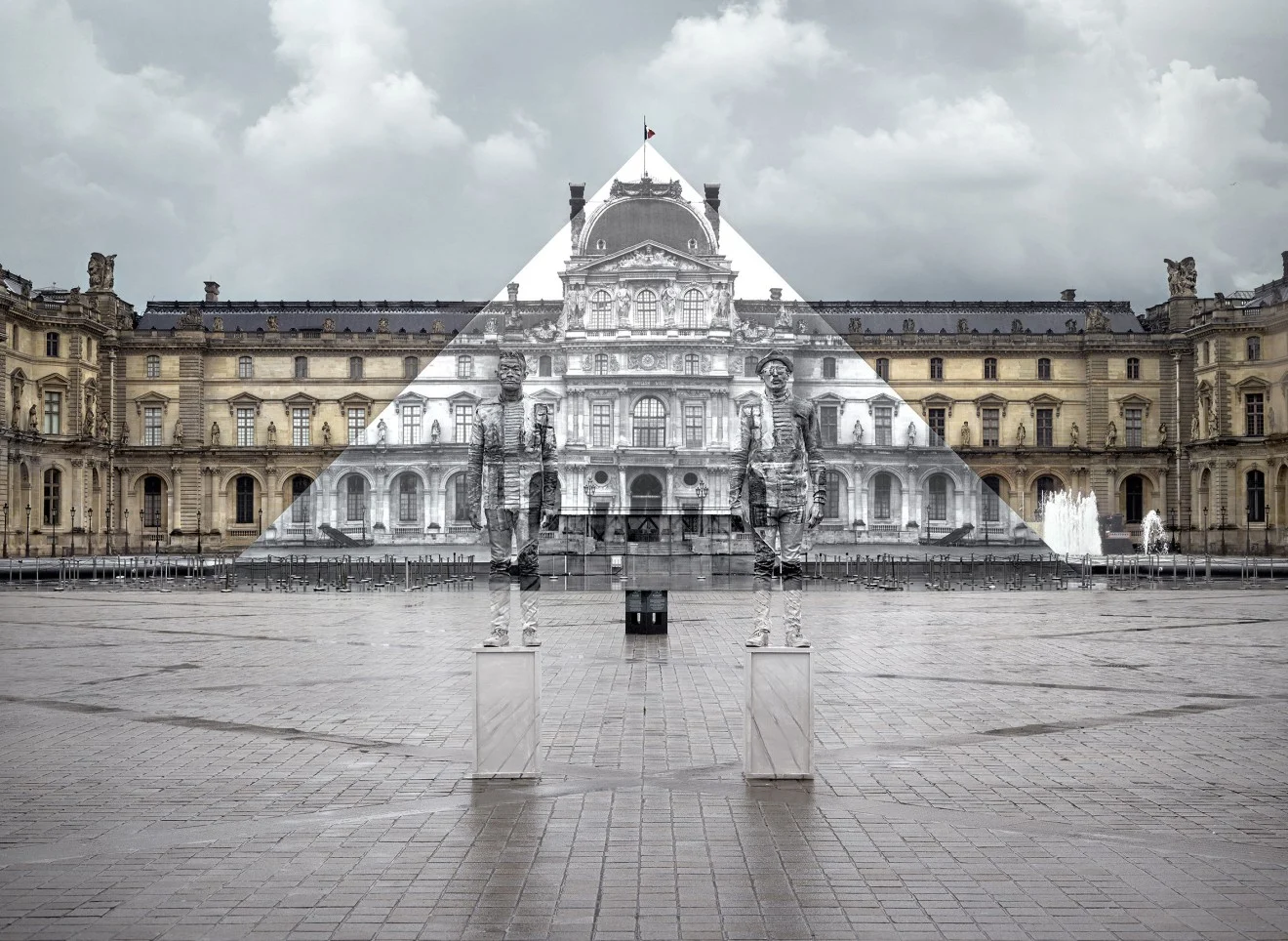
“There are often examples like this in my work, where there’s a problem you might not have paid attention to, but when I become one with it through my work, suddenly the viewer will go, ‘Well, this is a problem,'” says Liu.
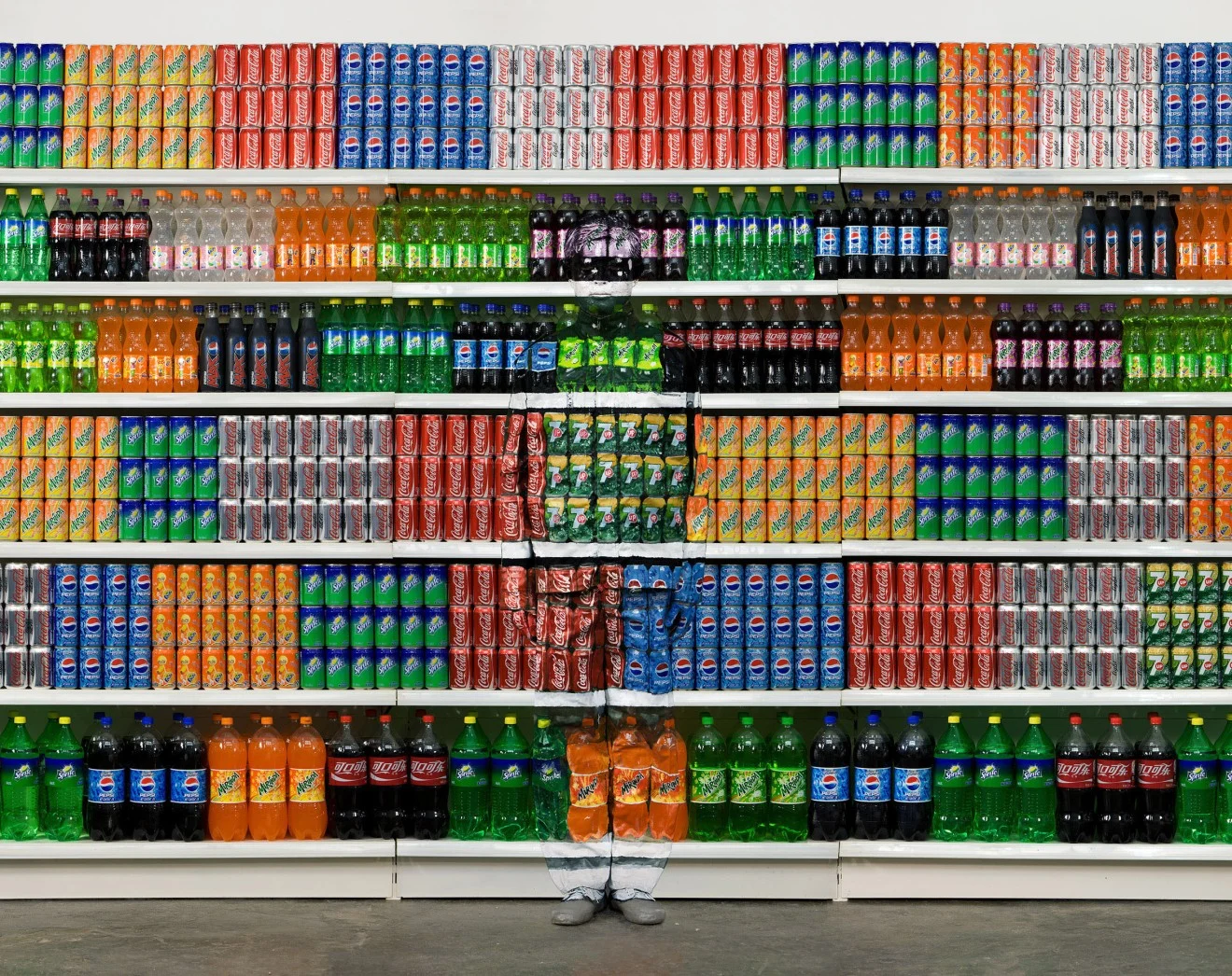
One such example is his 2011 piece “Supermarket,” where he disappears into a display of packaged food. This powerful image came about after a scandal involving harmful plasticizers in Chinese food products.
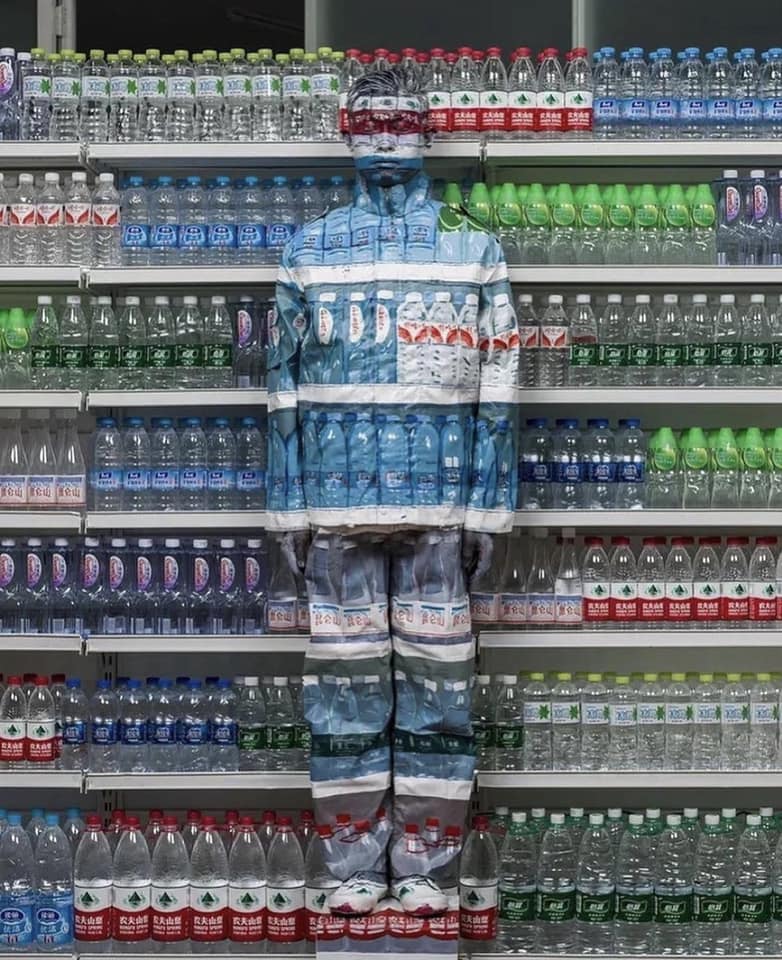
“Some friends told me, ‘Liu Bolin, after seeing your work, it made me not want to drink packaged drinks anymore,'” Liu shares.

Liu’s work isn’t just about social commentary in China. He’s tackled issues like gentrification with “Hiding in the City 71, Bulldozer” (2009) and the relentless march of capitalism with “Hiding in New York No. 1 – Wall Street Bull” (2011).

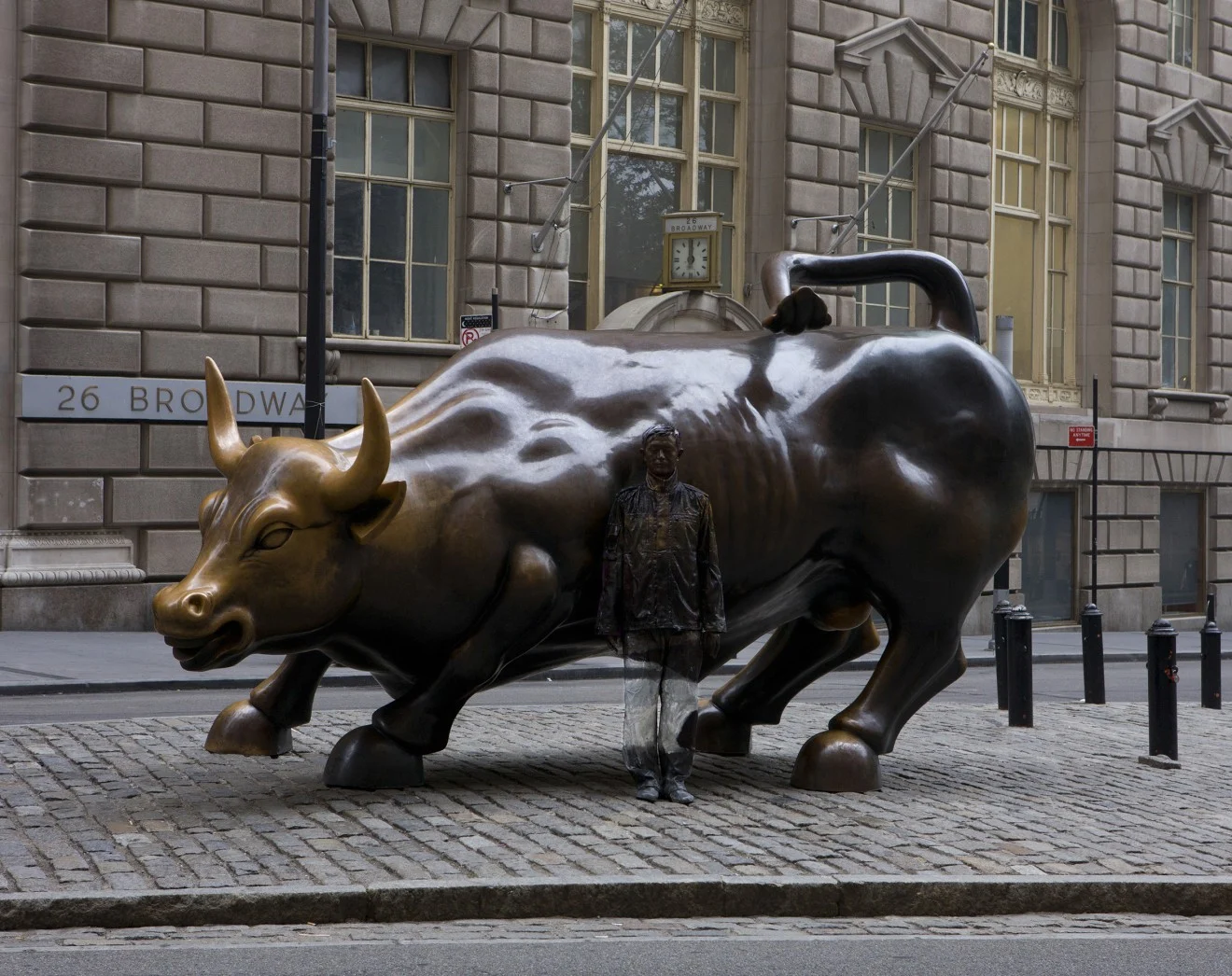
While his international acclaim is undeniable, Liu acknowledges his lesser-known status within China. However, his artistic journey began with a personal act of defiance. In 2006, facing the demolition of his artist studio in Beijing, Liu first used camouflage as a form of protest, painting himself into the background to raise awareness about artistic freedom.
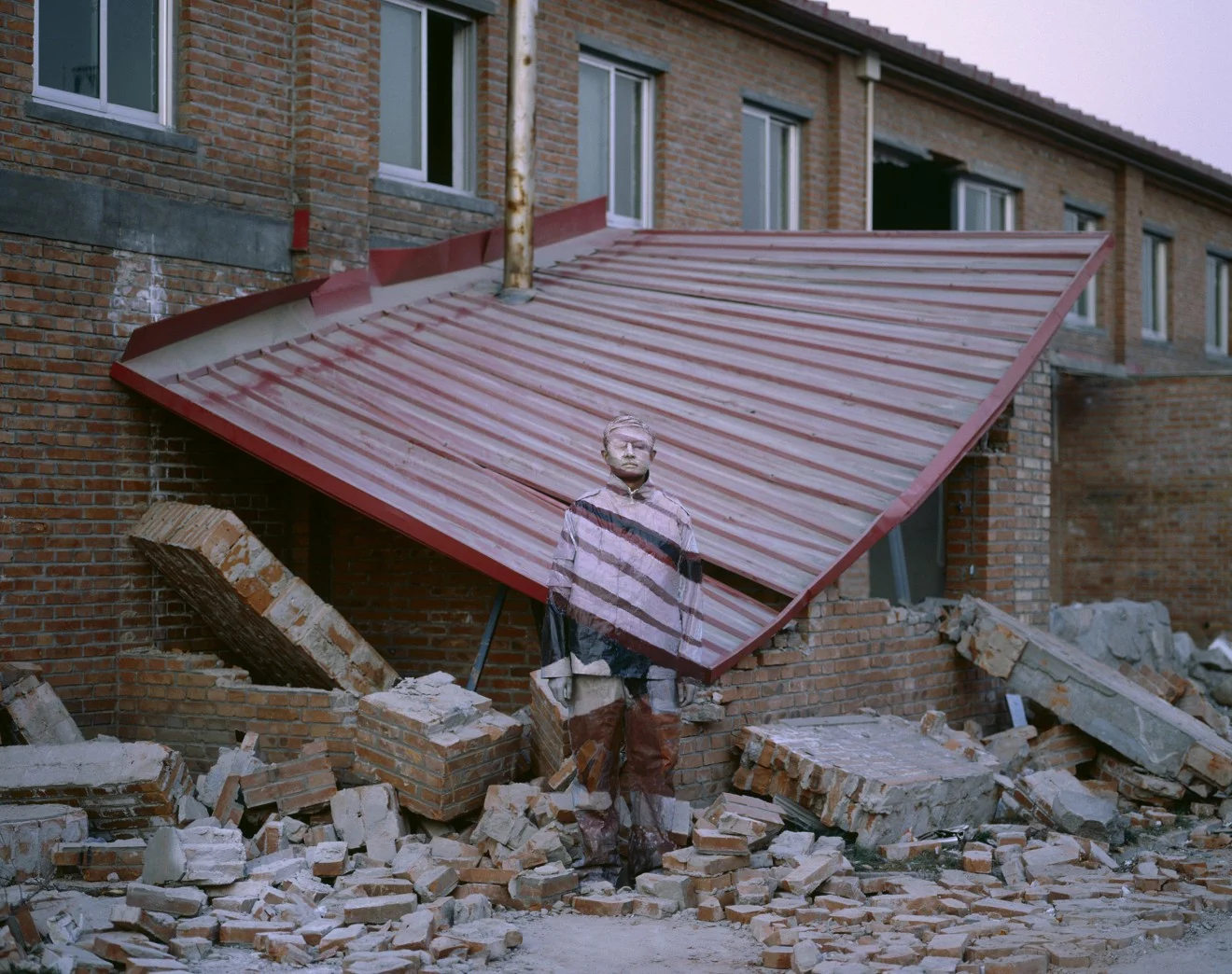
“I wanted to get more people to pay attention to Chinese artists and artistic freedom,” he explains.
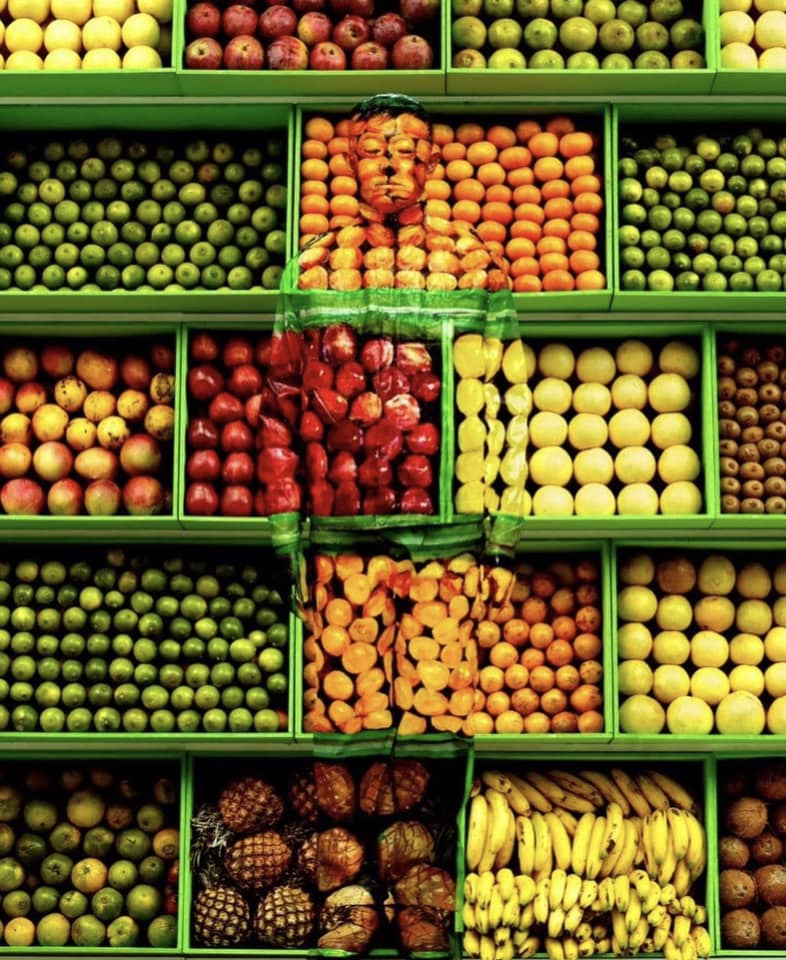
Since then, Liu has honed his unique art form, even incorporating open eyes in some later works. “Because I think opening the eyes represents a mind-set,” he says. “Even though we might have problems, difficulties, even some of them unsolvable, closing our eyes means avoiding them. But opening them means tackling them head on.”
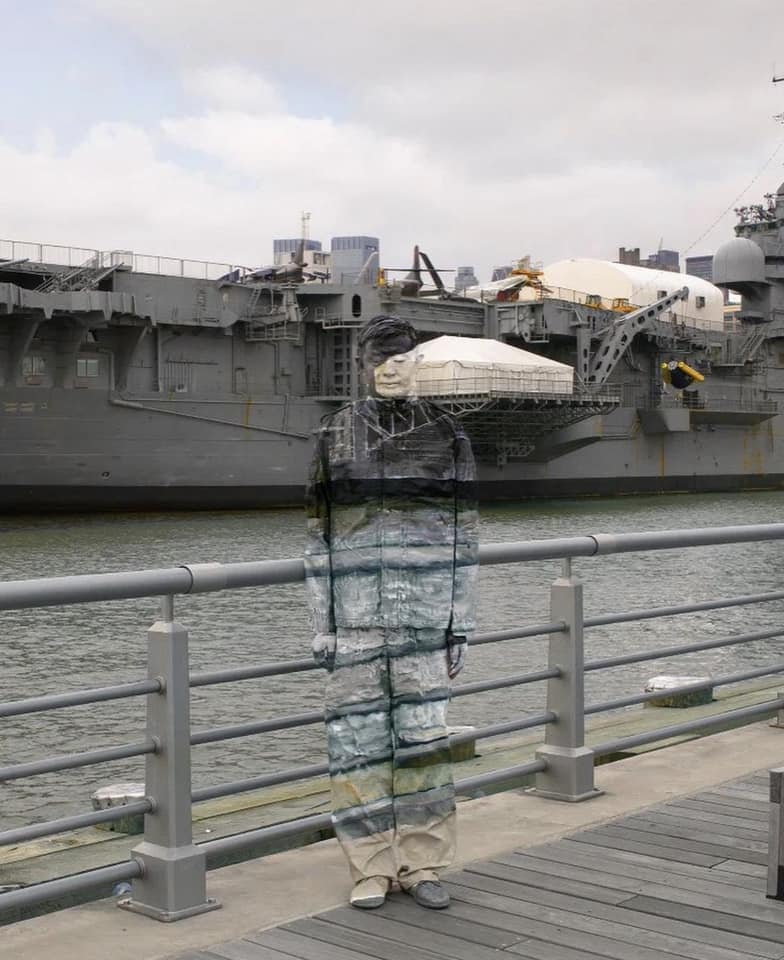
Liu Bolin’s art is a powerful reminder that sometimes, the most profound statements are made by those who disappear into the background, forcing us to confront the issues we might otherwise choose to ignore.
